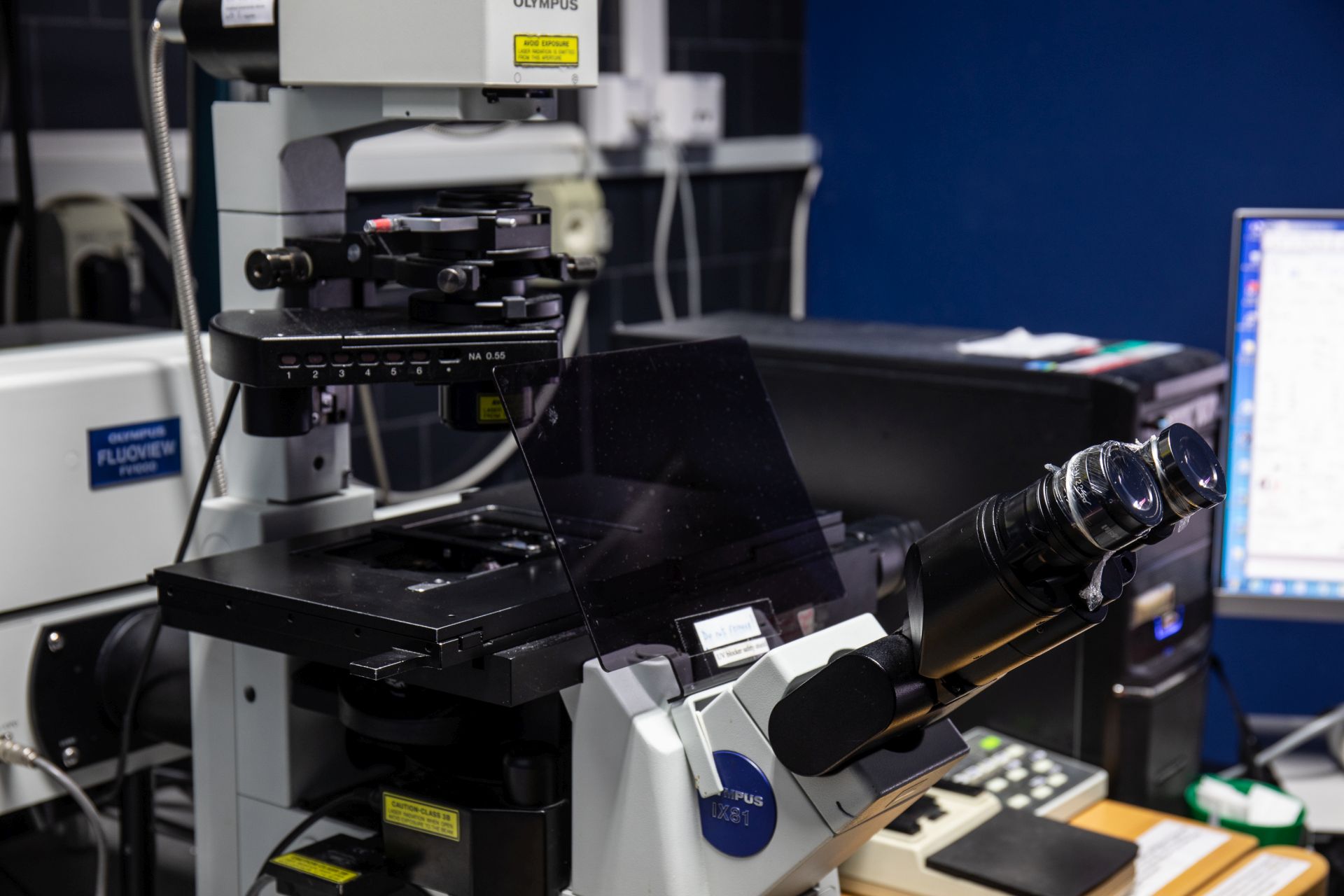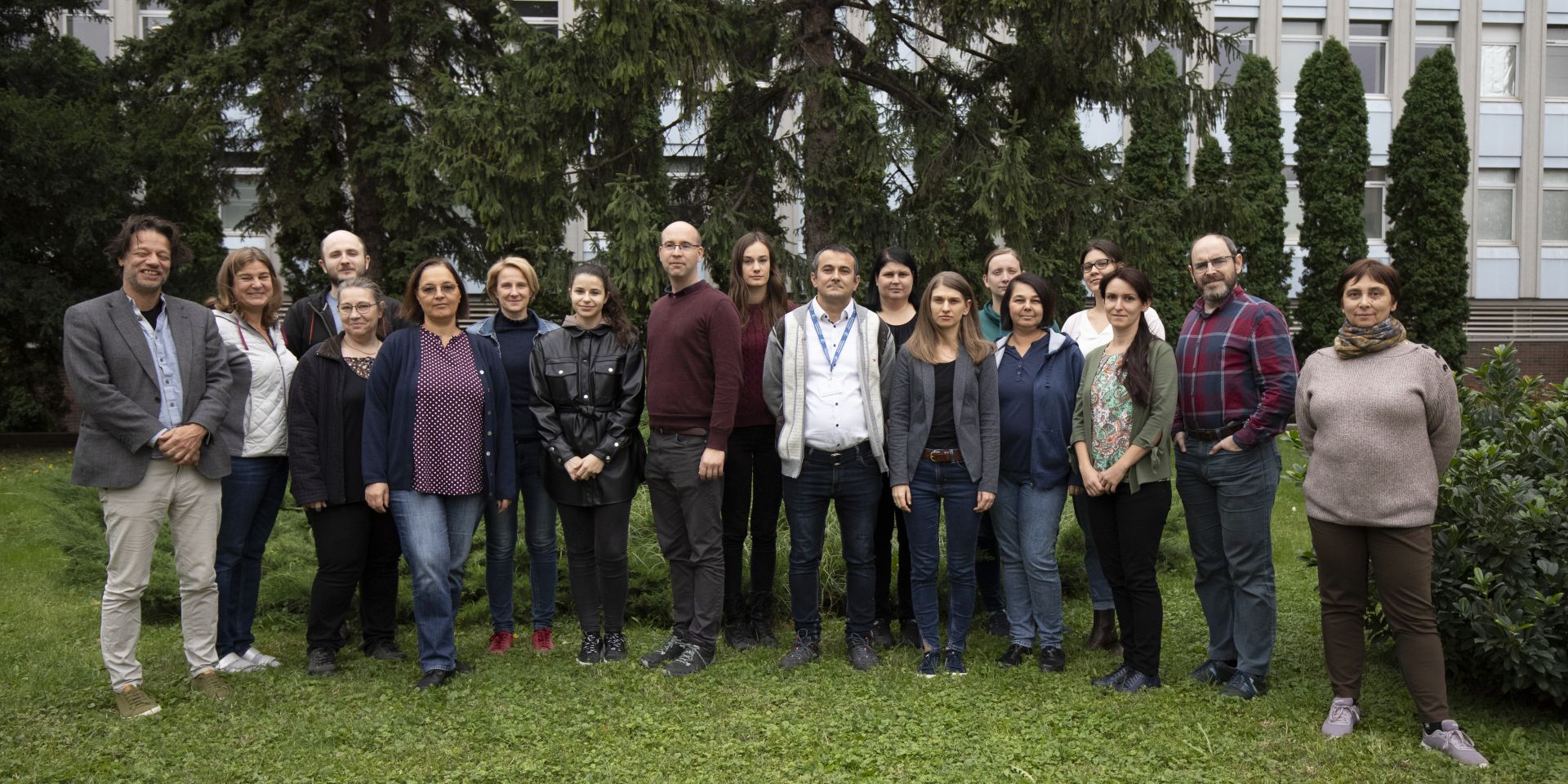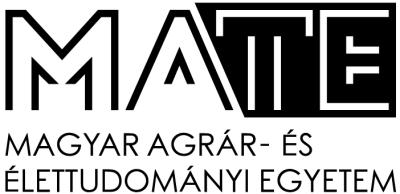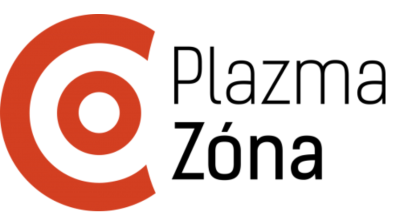
About the Core Facilites of HUN-REN BRC
The HUN-REN Biological Research Centre, Szeged (HUN-REN BRC Szeged) is an outstanding institution of the internationally acknowledged Hungarian biological research. The HUN-REN Biological Research Centre was founded in 1971. Since then, its 4 institutes - those of Biophysics, Biochemistry, Genetics and Plant Biology - employ about 260 scientists whose work is hallmarked by highly appreciated international scientific publications and patents. The research topics include several fields of molecular and cell biology from the industrial utilization of bacteria through controlled improvement of cultivated plants to the problems of human health and environmental protection. HUN-REN BRC is mainly a scientific basic research centre, but its scientists BRC play an initiative role in the foundation and promotion of biotechnological companies, as well as in educational duties. The successful activity and high-level scientific research pursued in HUN-REN BRC was also acknowledged by the European Molecular Biological Organization (EMBO) and in 2000 the European Union awarded the title of “Centre of Excellence“ to HUN-REN BRC.

Services
Animal house
The animal house provides not only breeding services, but also a place for research activities. The high-quality housing ensures optimal environment for purchasing and sustaining different mouse, rat, and guinea pig strains and genetically modified lines, as well as for the execution of multiple tests on the aforementioned animals. Although the main task of our animal house is to supply the different research groups with research animals, we also sell the surplus to external customers. More details
Bioinformatics
The current paradigm of molecular biology is shifting towards the interpretation of data produced by high-throughput methods. The new data sources allow one to study system-wide properties in molecular terms. We are developing novel, generalized knowledge representation schemes for the study of the very complex molecular systems of the living cells like the regulatory network of gene expression. More details
Flow cytometry
We focus on the disturbances of the activation and regulation of the immune system; therefore we study human patient-derived blood or tissue samples at single cell resolution. The high content immunophenotyping is performed on PBMCs or different tissues such as primary adenocarcinoma. The comparative bioinformatic analysis of biological specimens (patients vs healthy controls) reveals differences in the expression pattern of proteins of interest at single cell resolution. More details
Functional Genomics
The Laboratory of Functional Genomics offers the possibility of individual or systematic analysis of gene expression, quantitative analysis of nucleic acids (RNA, DNA, miRNA, blood-derived circulating cell-free cfRNA) and DNA methylation on several platforms. The laboratory conducts research activities and operates partly on a service and partly on a collaborative basis. Our main developments: amplification of nucleic acids from small tissue samples or few cells, single cell RNA sequencing methods, digital nucleic acid detections, bioinformatic analysis of gene expression studies. More details
Metabolomics
We use liquid chromatography coupled with mass spectrometry to study the quantitative changes in metabolite levels. Due to the high resolution and unit resolution of our LC-MS systems, untargeted and compound class-specific methods are both available in our lab. Besides studying the evolution of metabolite level changes in our research, we also provide services to our in-house and external partners. More details
Microscopy
At the Cellular Imaging Laboratory, we are strongly committed to the development and application of advanced imaging: our modern imaging center is equipped with confocal laser scanning and spinning disc microscopes, fluorescence and stereo microscopes and powerful image analysis computers with imaging softwares. More details
Proteomics
The Laboratory of Proteomics Research, operating since 2001 at the Biological Research Centre, offers mass spectrometry based protein analysis including protein identification, relative protein quantification, identification of protein interaction networks using co-immunoprecipitation, and phosphorylation analysis. More details
Transmission Electron Microscopy
The Transmission Electron Microscope Laboratory offers imaging services for HUN-REN BRC researchers and for collaborators from other institutes. Using electron beam-based visualization, a resolution finer than 1 nanometer is making cell organelles and junctions, nanocarriers, viruses, vesicles, etc., visible. More details
Where to find us?
Contact
Address:
6726 Szeged Temesvári krt. 62
Email:
szebeni.gabor@brc.hu
Phone:
+36-62-599600

Gábor Szebeni
Head of the core facility









